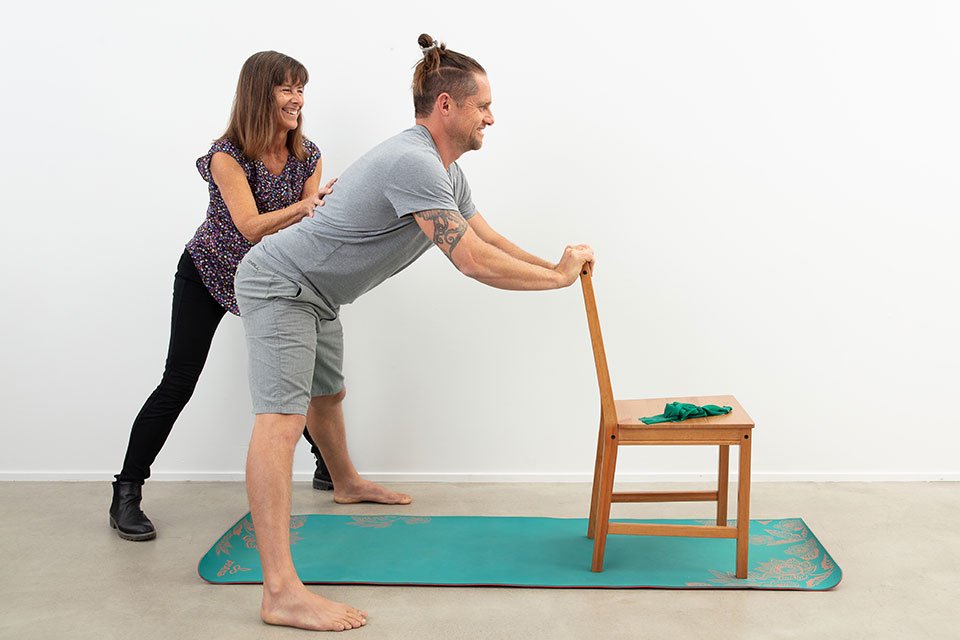
Ann listens | She cares | She understands | She’s an expert | She helped me
Services
Here are the problems I treat and how they’re treated:
Bladder | Bowel | Pelvic pain | Sex | Men | Prolapse | Pregnancy | Postpartum | Transgender | Cancer



Sex
What is sexual dysfunction?
It’s usually spoken of like this:
“It hurts to have sex. I’m dry down there and my partner doesn’t want to use lubrication. I don’t have sex anymore. I’ve never been able to orgasm. I hate having gynecologic exams, they’re so painful. I guess I’m just tight down there. It hurts to have orgasms. I feel like my episiotomy scar is going to tear open when we have intercourse. It hurts to ejaculate. I’m having problems with my erections. My pelvis hurts for hours after intercourse.”
How does pelvic floor dysfunction affect sex?
Pelvic floor muscles have a huge impact on sex. Muscles that are shortened or tight and are unable to elongate will not allow for good blood flow into the genitals. Scar tissue may be hypersensitive or tight. This can result in pain, diminished sensation, inability to orgasm, and even decreased lubrication. Menopause, surgery, and radiation therapy can cause tightness, dryness, and pain.
Problems with sexual function are incredibly common. Sex and sexuality are complicated subjects. All too often, people suffering with them don’t talk about them—to their partner or their providers. And many people—providers and patients—have no idea that there’s help.
How can pelvic physical therapy help with sexual dysfunction?
Treatment options include:
Manual therapy is focused on improving the mobility of your soft tissue and the alignment and mobility of your joints. It may include soft tissue massage, myofascial release, muscle energy techniques, and joint mobilisation. Internal pelvic manual therapy is used to treat sensitive tissues, shortened muscles, trigger points, and muscle guarding. All treatment techniques are explained beforehand so that you understand how the technique is done and how it works. And you always have the ability to decline any technique or treatment.
External and/or internal pelvic floor evaluation to assess muscle function, tone, sensory awareness, coordination and check for strength.
Specific pelvic floor exercises which may include strengthening if/when you are able to selectively isolate the pelvic floor muscles. With sexual dysfunction, you actually may need to learn how to relax the pelvic floor muscles. The traditional Kegel exercise has a place, but there is much more to the pelvic floor—and about 50% of people do Kegels the wrong way! I will design a program based on what you specifically need.
Biofeedback can help to retrain muscles that are chronically tight, weak or overactive.
Education includes information about sex and sexual function, self care, mindfulness and relaxation techniques, and exercises designed specifically for you.
Referral to another professional. I’ll work with my network of providers—physicians, naturopaths, Chinese medicine practitioners, psychotherapists, and others—to help you find the resources which will help you improve your function.
